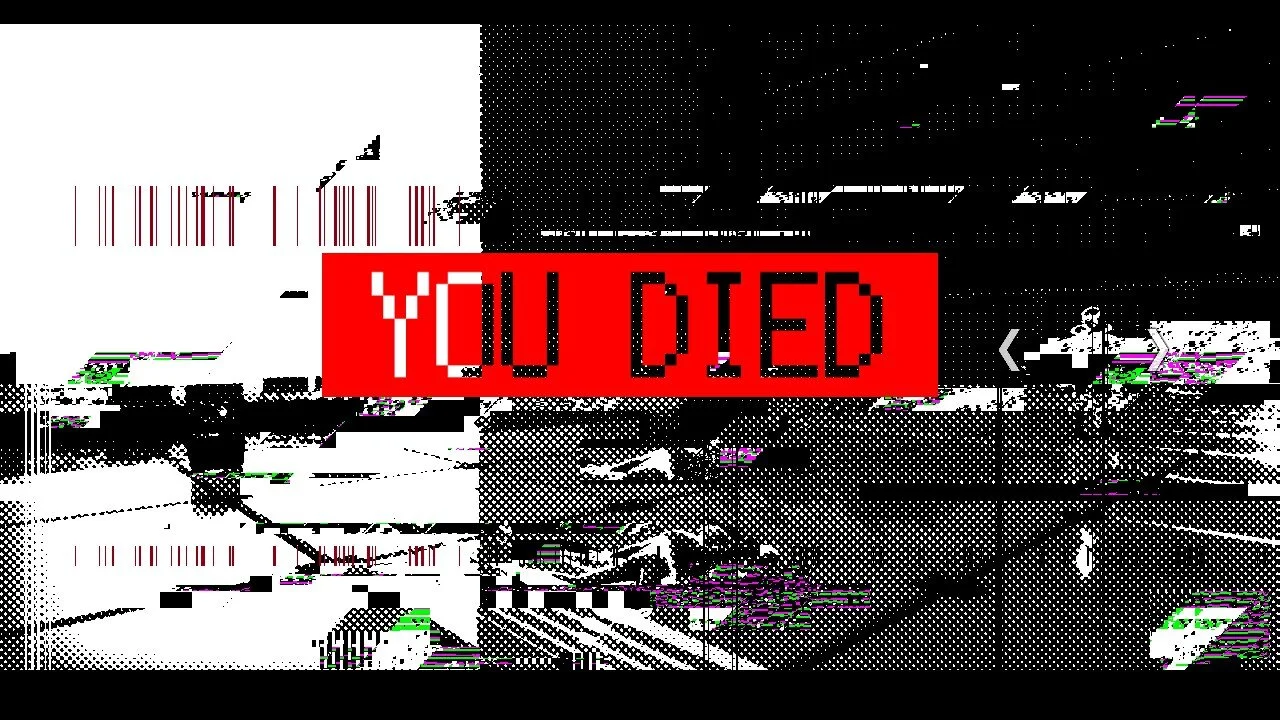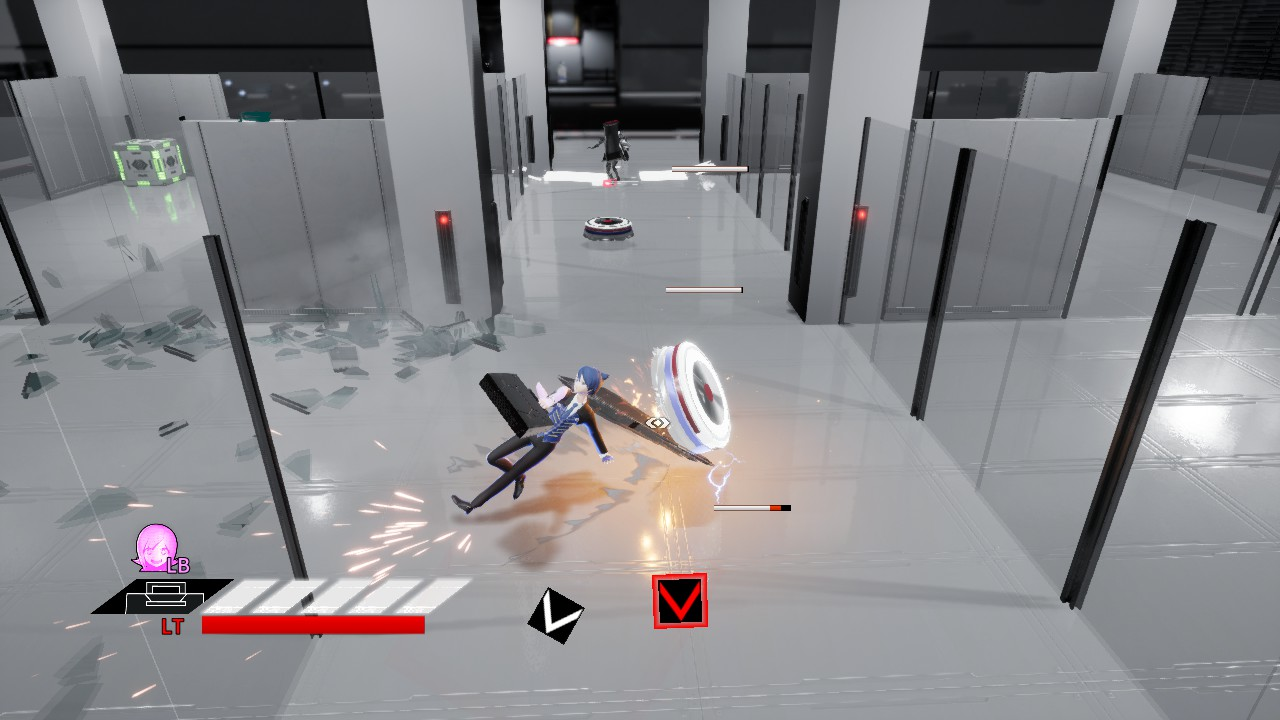
assault spy: always be closing
originally posted: 2 august 2020
Ah, the character action genre. Almost single-handedly popularised by Devil May Cry way back on the PlayStation 2, the core tenet of character action is, well, a character with a huge personality engaging in fast and furious combat, pulling off stylish moves while doing so. There's an action movie/anime element to the carnage; an over-the-top ballet of violence that rewards the player for gracefully chaining manoeuvres together. Any given character action game is as easy to learn as it is difficult to master, leading to the genre's popularity with those who love spectacle.
Just about every developer under the sun tried their hand at character action across the mid 2000s. Arguably, the most successful were Sony's God of War and Tecmo's Ninja Gaiden, though there were a number of other lesser-known titles that had their own strengths. Sega were particularly prolific with a suite of rebooted Shinobi titles, the Gungrave duo, and Blood Will Tell, an adaptation of Osamu Tezuka's classic manga Dororo. Then there were titles that were definitely more obscure, like Seven Samurai 20XX, an unlikely collaboration between Sammy, Jean "Moebius" Giraud, and Ryuichi Sakamoto—an urban cyberpunk reimagining of the Kurosawa classic, somehow made with the blessing of his estate. And of course, there was Bujingai, starring none other than visual kei singer Gackt at the height of his popularity. Even Square-Enix got in on the action with Dirge of Cerberus: Final Fantasy VII, which also featured Gackt in a major role.
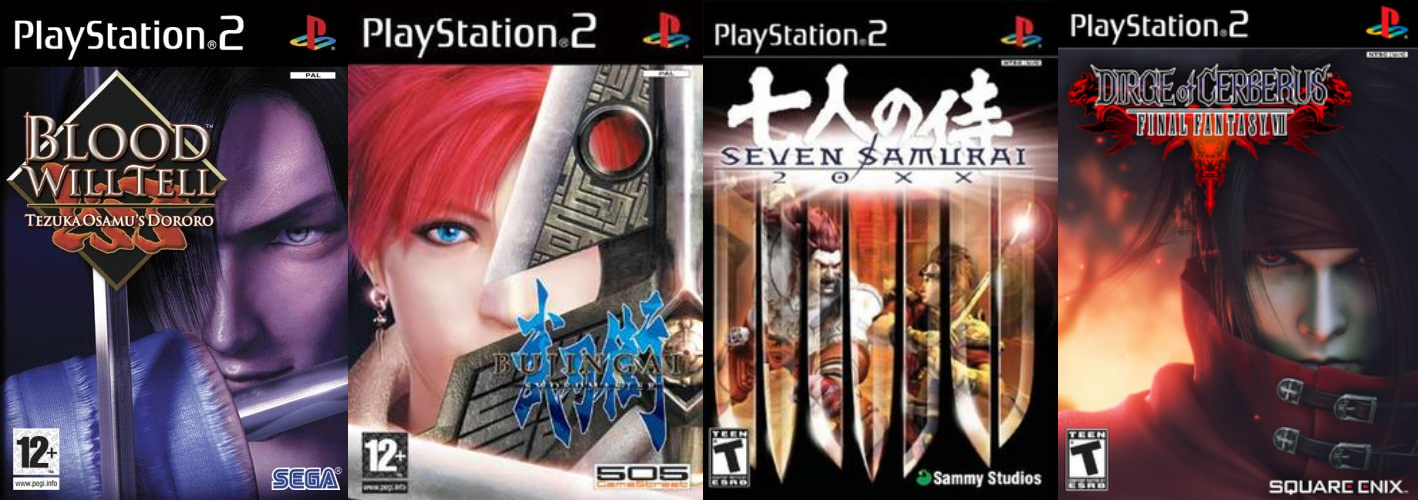
After the end of the PS3/360 console generation, the character action genre became far less ubiquitous. The also-rans fell by the wayside, and enduring series like God of War transitioned into a different genre altogether. With fewer and fewer developers creating their own challengers to Devil May Cry, Platinum Games, founded by Devil May Cry creator Hideki Kamiya, became the undisputed masters of genre with flashy titles like Bayonetta, while also lending their trademark style to established franchises, as seen in Metal Gear Rising and NieR Automata. Devil May Cry itself saw its next revival in 2019 with Devil May Cry V, developed in-house by Capcom to a rave critical reception.
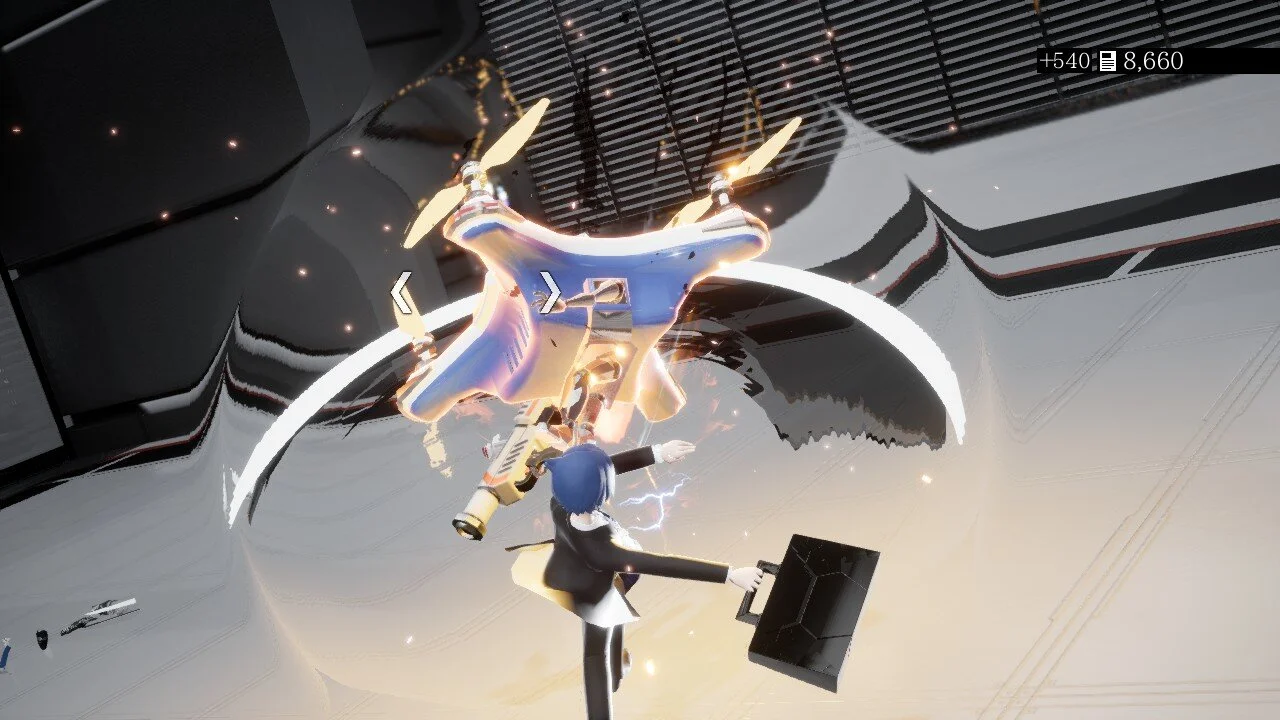
With fewer character action games out there, those available are definitely of a higher quality than the bulk of those released during the genre's heyday, but there's something a little wistful about seeing fewer attempts. Assault Spy, released on PC in 2018 by indie developer Wazen, was a game that had been on my list since NIS America announced their localization around the same time. I finally picked it up a few weeks ago.


A comedic mix of Verhoeven-esque capitalist fascism and Japanese mascotry, Assault Spy is set in an exaggerated world of corporate espionage. Spies Asaru and Kanoko have been tasked with stealing documents from the Negabot Corporation, a developer of private security solutions such as adorable smiling robots toting automatic weapons. They arrive a tad too late, in the midst of a literal hostile takeover. The dapper Mr Showtime and his assistant Chidori have taken the building by force, requisitioning Negabot's entire product line to be their private army. Perhaps a blessing in disguise, Asaru and Kanoko are mistaken for secret agents by the busty, latex-clad head of R&D Irene Yoneda, allowing them to infiltrate Negabot under the guise of stopping the insurrection. Yeah, it's a bit horny, but who isn't?
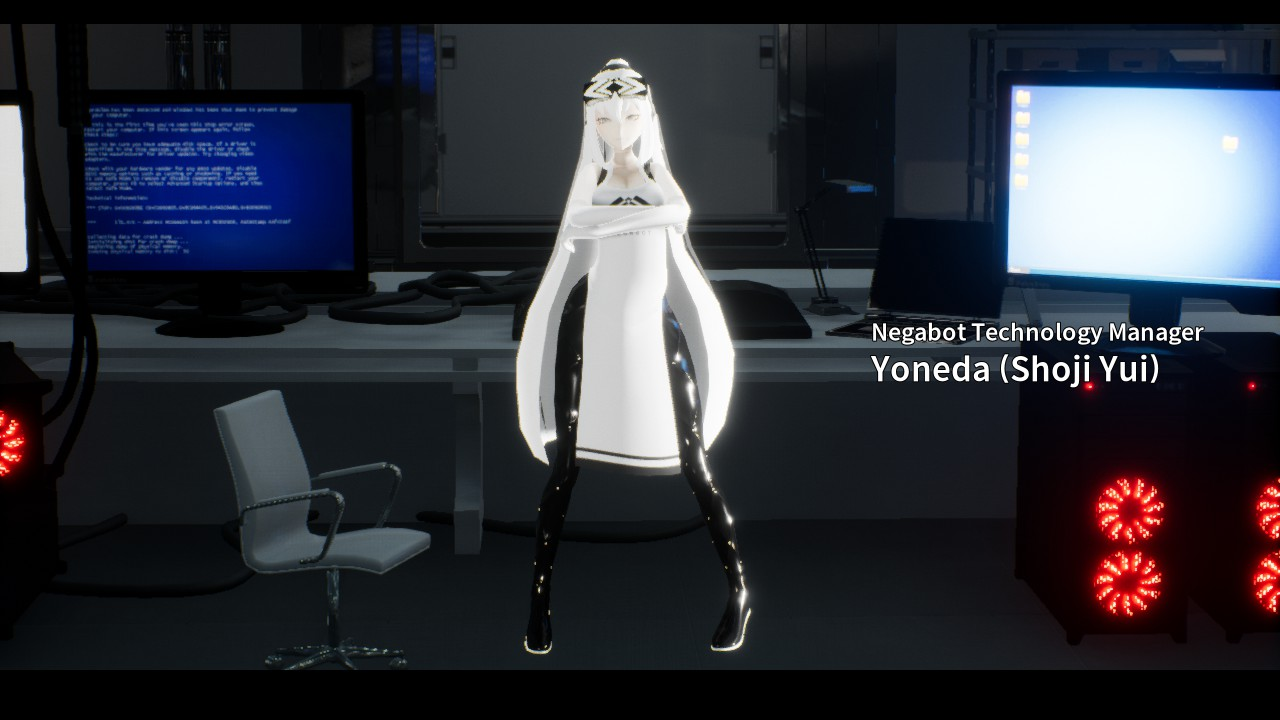
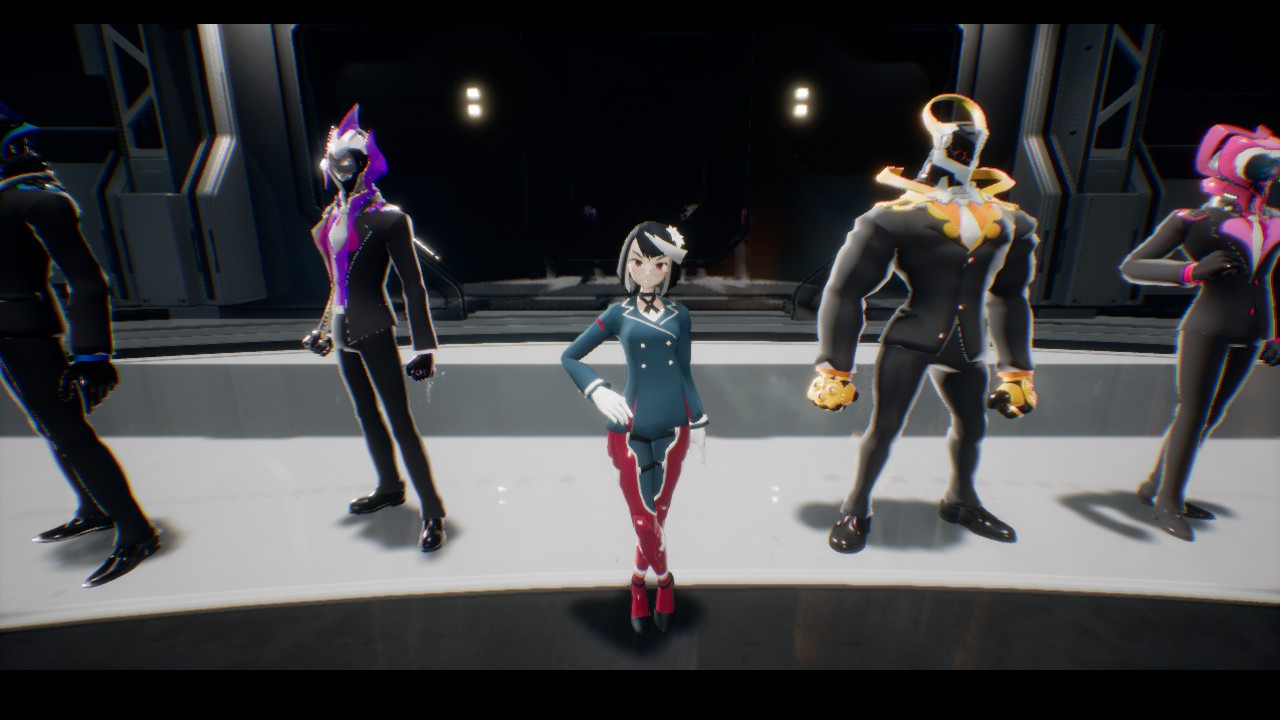
What makes Assault Spy so charming is its full commitment to its bit. Asaru rocks up to battle in a three piece suit, wielding a weighted briefcase as his melee weapon and a stack of exploding eggshell-with-Romalian-type business cards as projectiles. After the first mission an umbrella is added to his arsenal, functioning as a slow-but-powerful greatsword. Your attacks have names like "Aerial Etiquette", and your performance is graded on a scale from Economy, to Business, to First Class, and beyond. The Negabot building is a gleaming monument to capital: white, clean, and boasting the latest technology. It's a cathartic delight to smash your way through cubicles on your way to have a bust-up in the boardroom. Chidori's android bosses boast perfect business etiquette, a professionally swift jab in the ribs of salaryman culture.
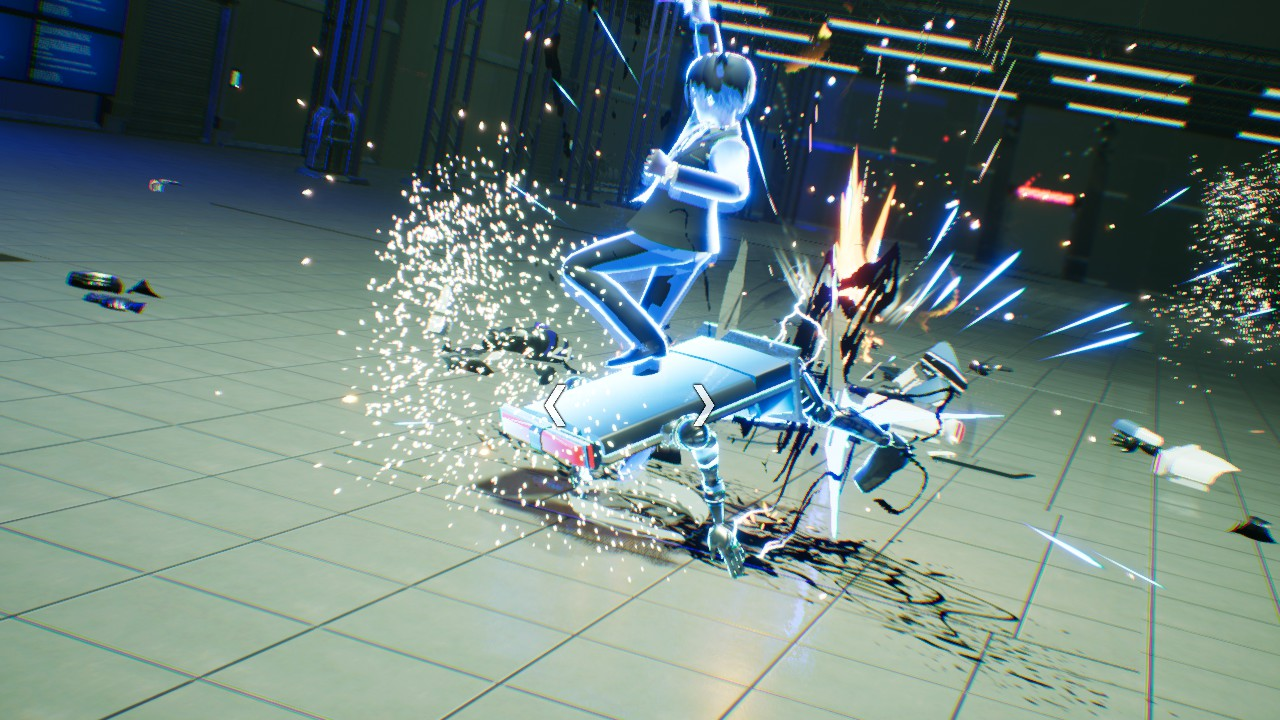
Once you've completed the first mission and successfully infiltrate Negabot HQ, Assault Spy opens up somewhat, allowing you to choose the next handful of missions in whatever order you please, charmingly reminiscent of many Game Gear games. Some of these levels are better than others—fighting buzzsaw-equipped Roombas in the communal garden is a joy, but there's a rooftop stage with some very misguided platforming: aerial combat against flying drone enemies is likely to send Asaru careening into the abyss more than once. There's something a little charming about this, as this was a common foible of Sega's character action games in particular, and Assault Spy is smart enough to bestow no penalty for falling—Asaru simply reappears from where he fell, receiving no damage himself while enemies maintain their state. Although not a particularly fun arena, the dread dissipates once you've experienced your first fall. There's even an ill-advised stealth segment, where Asaru must avoid patrolling robots and security cameras to escape. It's tedious, but immediately followed up with Asaru collecting his weapons and going to town on a group of robots, guitars building as you wreak vengeance. All is forgiven.
Missions are broken up with rest spots, where you can heal by smashing vending machines and upgrade Asaru's skills with points gained from combat. Some of these are new verbs, like a double-jump or a projectile-reflecting defensive shield, while many bestow an added effect for executing moves with perfect timing. This tends to be a little fiddly, as the input window is *so* unforgiving I could rarely manage to succeed in the training dojo, let alone the height of combat, but that's why I play on Normal difficulty and not the one-hit-kill Death March mode. Coolest of all, you can always refund any skills you've bought for their full value, allowing you to respec if you're not feeling the moves you chose previously.
Even on Normal difficulty, Asaru is a fragile little spy. While the robots and bosses you're up against can take a pounding, Asaru will only ever have five hit points. This highlights Assault Spy's request that the player avoid taking damage at all. One of the prerequisites to receive the prestigious S Ranking on a mission is to not take a single hit. That said, outside of the aforementioned Death March mode, Assault Spy is incredibly lenient with this rule. Five hit points are more than enough, and if you die you only have to restart the current room. Bosses can be challenging, but breaking their guard—which can be done an unlimited number of times—bestows a health pickup.
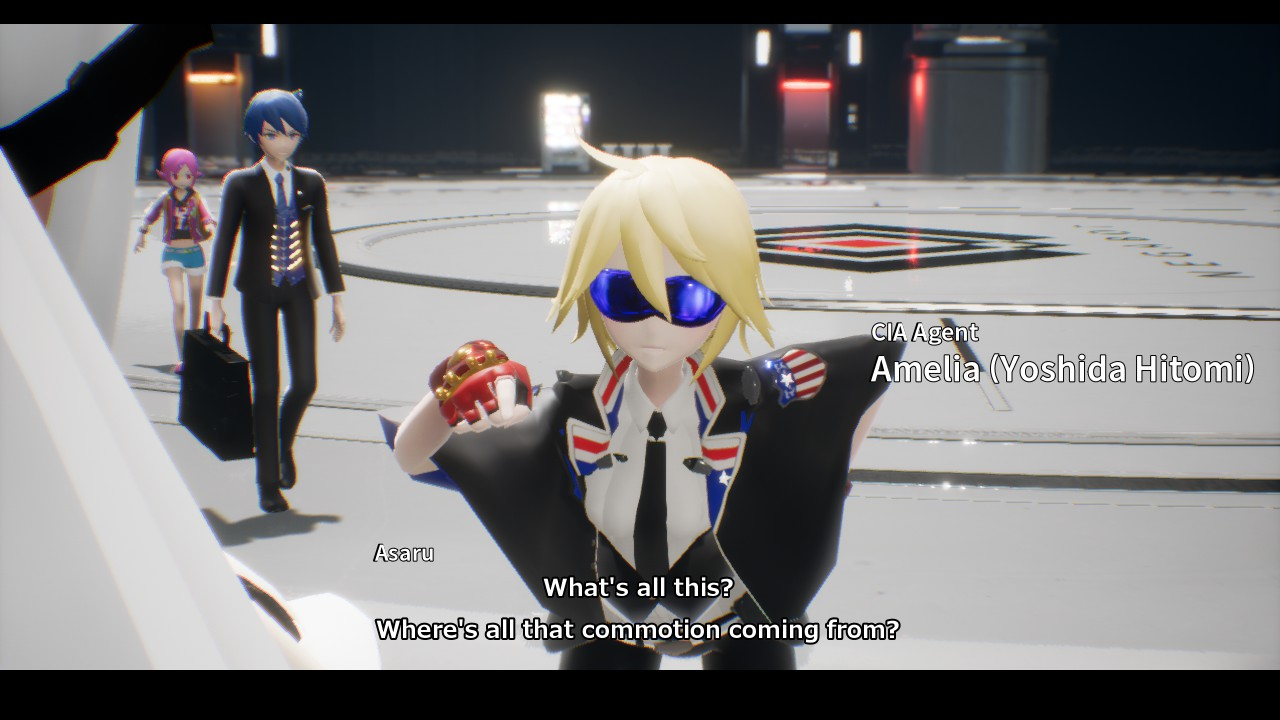

Once you hit a certain point in the story, Asaru and Kanoko meet Amelia, an airheaded, Naruto-running CIA agent who's also infiltrated Negabot on behalf of her handlers. Meeting Amelia unlocks her own campaign; she's a little less fun in terms of aesthetics as she uses her fists and feet instead of business accessories, but her playstyle is just as enjoyable as Asaru's. While Amelia's story and (some) boss encounters are different, the missions and enemy placements are identical to Asaru's campaign.
While I'm definitely not dextrous enough to become an S-Rank corporate spy, I had a wonderful time with Assault Spy. At a brisk 3-4 hours per campaign, it doesn't wear out its welcome, either. Although a little rough around the edges, I found myself frustrated but engrossed from start-to-finish. Assault Spy is a pitch-perfect and genuinely funny love letter to the PS2 era which feels effortless in its execution.
